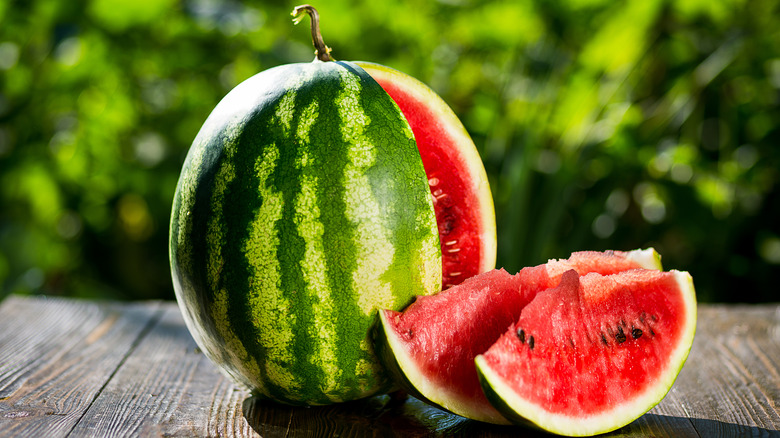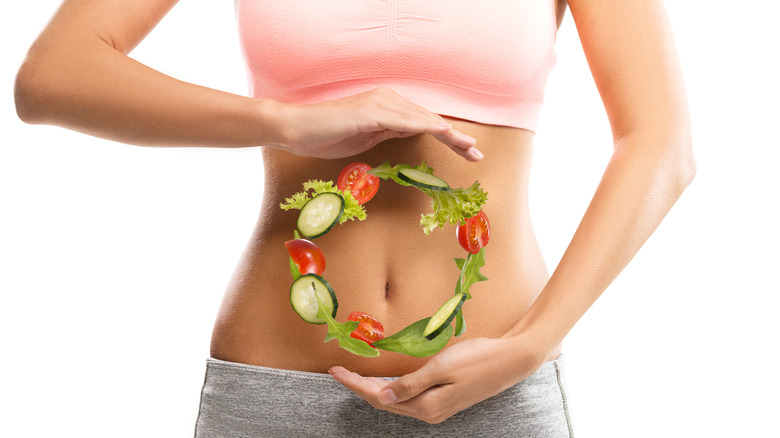Do you evereat watermelon seedsor just throw them away?
As it turns out, watermelon seeds are a powerhouse of nutrition.
It also provides large doses of magnesium, potassium, zinc, and B-complex vitamins.

Rich in protein and low in calories, watermelon seeds can be a healthy addition to most diets.
TheSpruce Eats, for instance, recommends rinsing the seeds and then spreading them on a cookie sheet.
Let them dry and roast them on the stove or in the oven.

This crispy snack can suppress appetite andkeep you full longerdue to its high protein content.
Over time, it may improve blood pressure and body composition, or fat-to-muscle ratio.
Sprout or roast the seeds so that your body can digest and metabolize their nutrients.

This mineral regulates about 300 enzymatic reactions in the body, according to a 2018 editorial published inOpen Heart.
As the researchers note, magnesium supports cardiovascular function and overall health.
A diet low inthis nutrientmay cause irregular heartbeat, heart failure, and sudden cardiac death.

Magnesium also plays a key role in energy metabolism.
Simply put, it helps your body break down and process glucose, lipids, and protein.
Moreover, magnesium deficiency can increaseoxidative stressand lead to myocardial injury (via Open Heart).
It also increases satiety while reducing cholesterol and blood sugar levels, per theMayo Clinic.
Just see to it you don’t go overboard.
Simply, watermelon seeds may cause constipation if consumed in excess or without enough water.
Other potential side effects aregas and bloating, warns registered dietician Jessica Cording (via Prevention).
Men in this age group should aim for approximately 30 grams of fiber per day.
Start with a small amount of watermelon seeds and increase it gradually to prevent bloating and constipation.
Thiamin, one of the most abundant B-complex vitamins in watermelon seeds, promotes wound healing.
Riboflavin, on the other hand, mayprevent drynessand decrease inflammation, reports the same source.
Researchers attribute these potential benefits to its antimicrobial and anti-inflammatory effects.
This nutrient plays a key role in tissue repair and modulates various inflammatory cytokines.
Given these benefits, it might be worth swapping your go-to snacks for a handful of watermelon seeds.
They’re just as healthy as they are delicious.